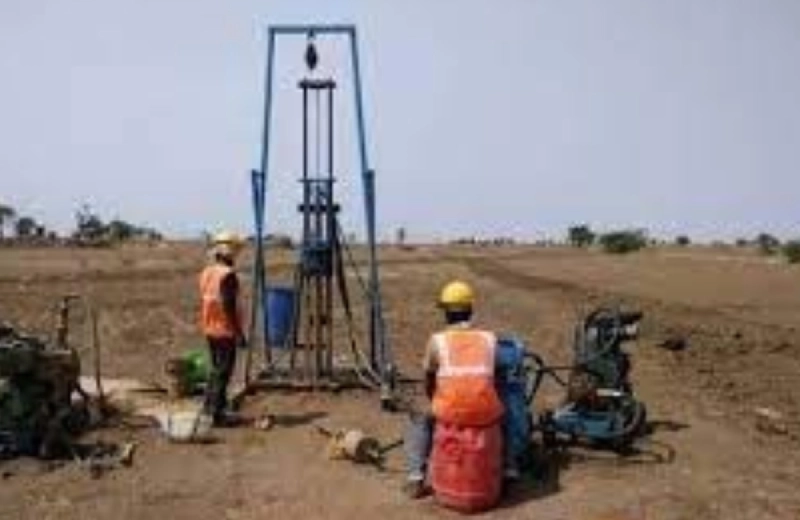Geo Technical Services

A geotechnical investigation is a comprehensive study of subsurface conditions at a construction site, focusing on the characteristics of soil, rock, and groundwater to ensure safe and efficient structural design. It involves gathering data through field explorations (like drilling boreholes and sampling soil) and laboratory testing. This information helps engineers determine the suitability of the site for the intended structure and design appropriate foundations.
Here’s a more detailed breakdown:
Subsurface Assessment:
- Geotechnical investigations delve into the ground beneath the surface to understand the soil, rock, and groundwater conditions.
Data Collection:
- Field Exploration: Drilling boreholes, taking soil samples, and conducting in-situ tests.
- Laboratory Testing: Analyzing soil samples to determine their properties like strength, compressibility, and grain size.
- Geophysical Methods: Using techniques like seismic refraction and ground penetrating radar to gather information from a distance.
Design Input:
- The data collected is used to determine the suitability of the site for the intended structure, design foundations, and plan construction methods.
Why it's important:
- Safety: Ensures the stability and safety of the structure by understanding the soil's bearing capacity and potential settlement.
- Efficiency: Helps optimize design and construction, avoiding costly mistakes due to poor site understanding.
- Cost-effectiveness: Provides information that can be used to develop a safe and economic design, potentially reducing project costs.
Key aspects:
- Soil Sampling: Obtaining representative samples of the soil to determine its properties in the laboratory.
- Laboratory Testing: Conducting tests to determine the soil's characteristics, such as its bearing capacity, compressibility, and grain size distribution.
- Groundwater Assessment: Evaluating the groundwater level and its impact on the foundation and construction.
